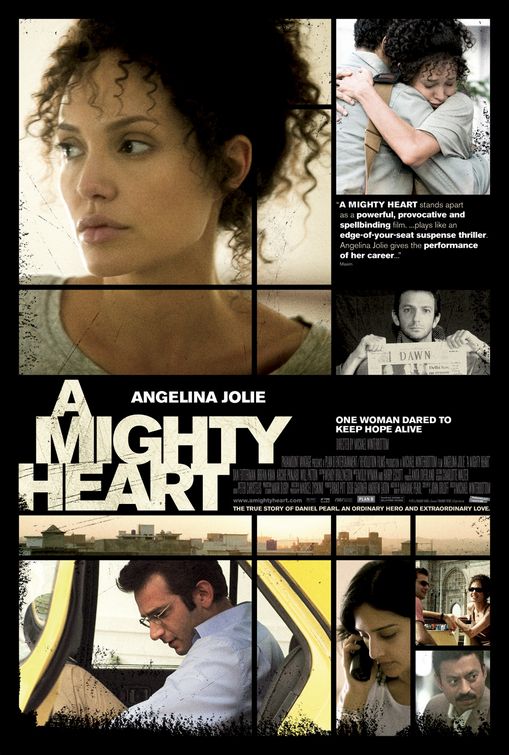yeah that movie you mention got a lot of press, might have to check it out, nice one.
i like Winterbottom's Welcome to Sarajevo incidentally.
The Terrorist is a 1999 film about the original suicide bombers, as it were: IIRC it doesn't explicitly say the young woman of the title is a Tiger, but the film's in Tamil, set in a patently south Asian warzone, etc etc, so it's fairly obvious. saw it once when it came out, can't honestly remember if i'd recommend it! but it certainly struck me. she doesn't give too much away IIRC, so if you're looking for some psychological portrait maybe not, but i dunno man, i was looking it up the other day and came across some (IMO) frankly pretentious blowhard who was putting the boot into it because it was a fairly superficial film he thought, and, well, OK, it's not a book is it, but the fact i am recalling it from a over a decade ago (trust me, my memory is shocking), might say something, FWIW.
(or you may think it's a horseshit film

)
incidentally, i just skimread
this piece - concerning a more recent film about the LTTE,
My Daughter The Terrorist, which the author contrasts w a film about IDF women soldiers, whilst searching for
The Terrorist.
interesting audience responses re the Israeli film -
To See If I Am Smiling (not seen it, me) -
here, too.
i'd imagine Jolie gives a good performance in that film, actually, although, i ain't seen it, no.
me and mistersloane been going on about Johnny Mad Dog from last year or so, if you want contemporary war films. again, doesn't explicitly state where it's set as such IIRC, in the script, but there are many nods to Liberia, and in one scene a Liberian flag is clearly visible if i recall.
amazing film.
FWIW, i ain't seen THL, but i like what Padraig and Pstyle been saying about it, it sounds like it does a pretty good job. of course, the thrust of the criticisms are valid i'm sure about ignoring the Iraqi other, to a large extent, but, hey, i thought Black Hawk Down was pretty good, and whilst it would have been made better, perhaps, if we could have got a Somali pov in - and i don't want to sound facetious here but - that's why i read Justice for Africa and African Rights/HRW reports, you know? (scottdisco in states obvious middle-ground position shocker!)
if someone says OK, fair enough, but you're already lowering expectations w that sort of attitude, etc, fair cop, but, it is what it is.



